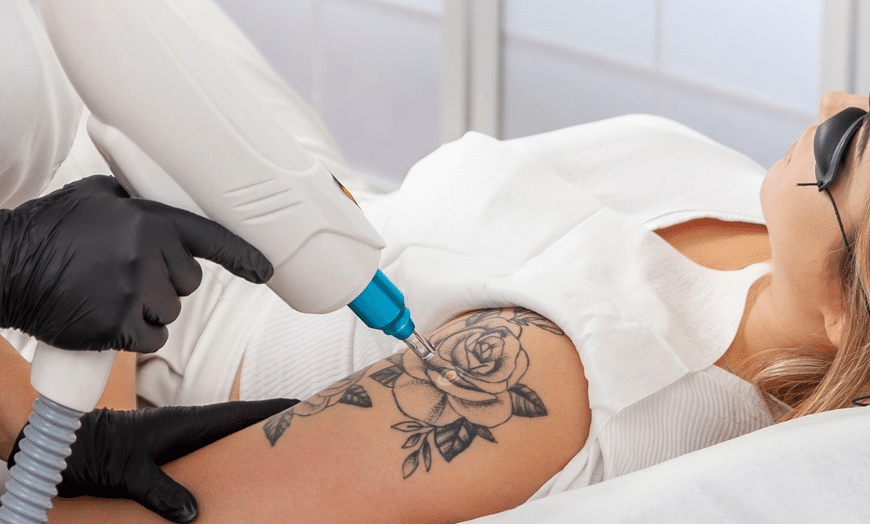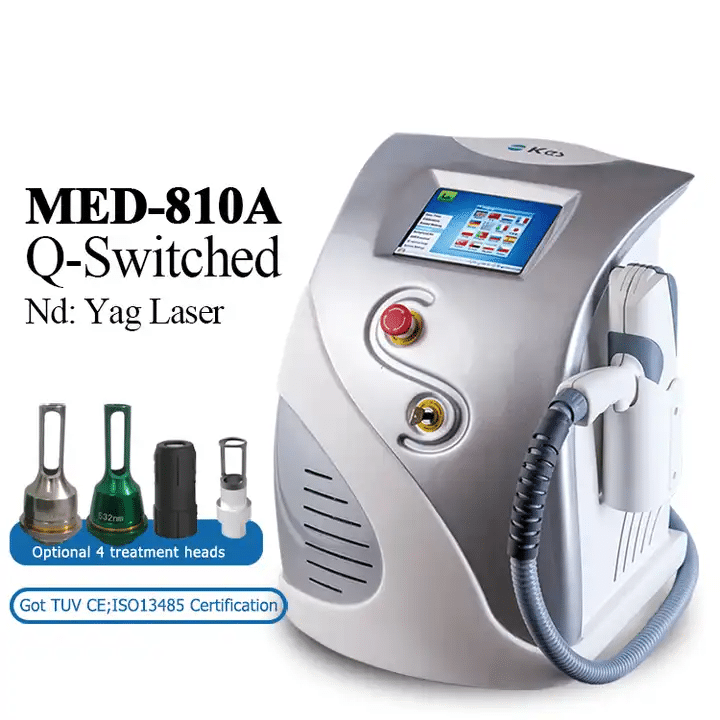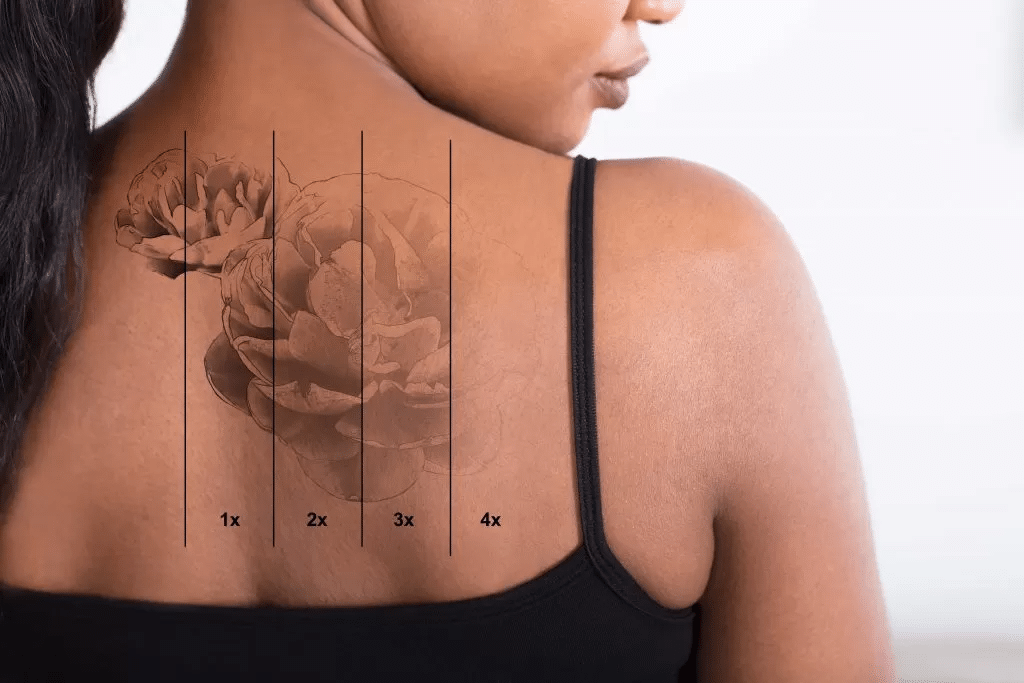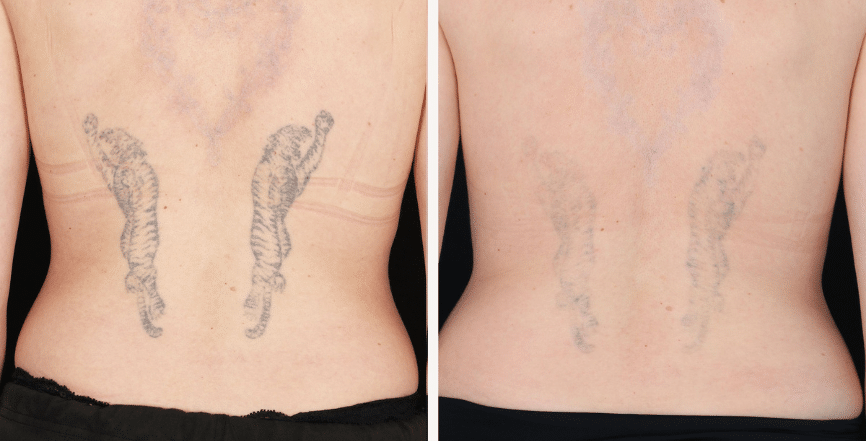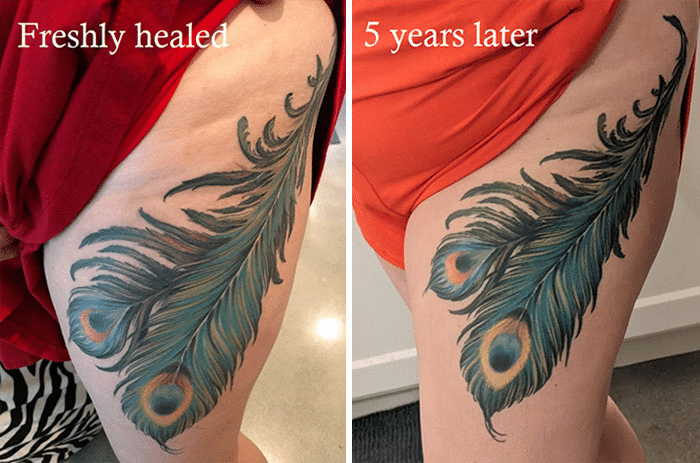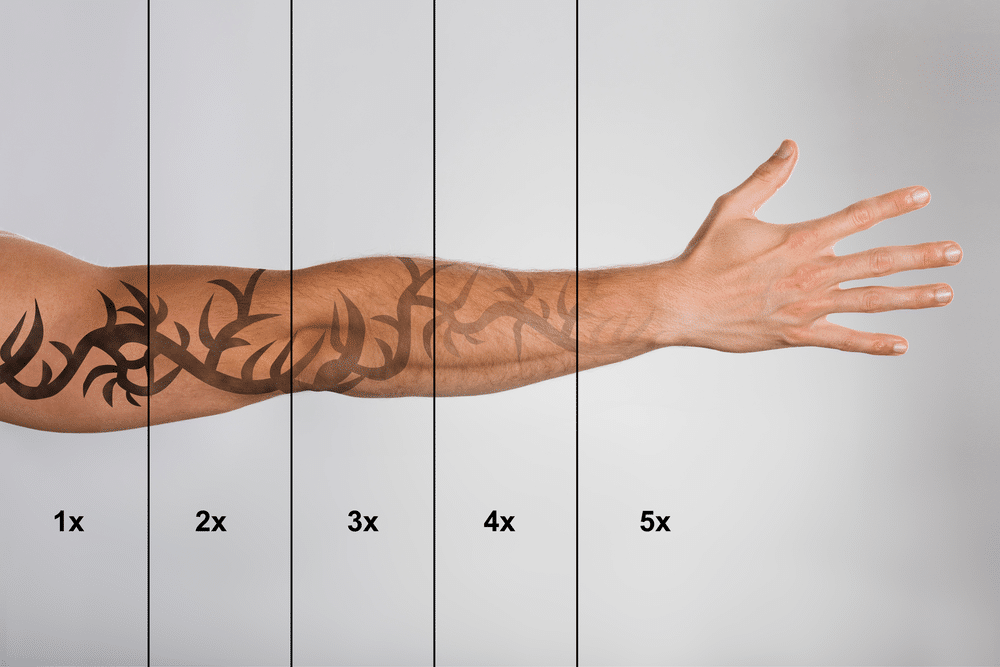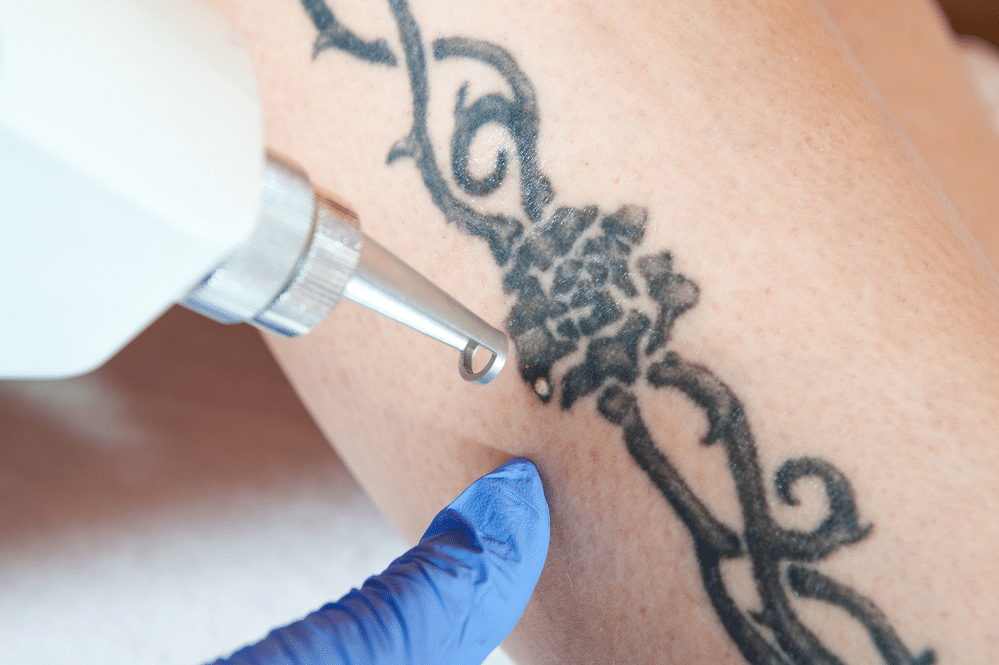Can Laser Tattoo Removal Cause Cancer? Understanding And Taking Precautions
Tattoos have become increasingly popular over the years, but for some, the novelty has worn off, and they’re now seeking to remove them. Laser tattoo removal is a popular method for removing unwanted tattoos, but like any medical procedure, it does come with risks. In this article, we’ll take a closer look at the risks associated with laser tattoo removal, including scarring and the potential for cancer. We’ll also provide some tips on how to minimize these risks and take care of your skin during and after the tattoo removal process.
There is no evidence that laser tattoo removal directly leads to the occurrence of cancer. The principle of laser tattoo removal is to selectively destroy tattoo pigment particles through specific wavelength laser energy, allowing them to gradually be metabolized and eliminated by the body.
This mechanism of action is relatively precise and localized, and will not cause extensive and irreversible damage to surrounding normal cells and tissues. Moreover, in formal medical institutions, professional doctors will adjust the parameters of the laser according to the patient’s skin condition and tattoo characteristics to maximize the safety and effectiveness of treatment.
However, potential risks that may exist in certain special circumstances cannot be completely ruled out. If the operation of laser tattoo removal is not standardized, such as using unqualified equipment, improper laser energy settings, poor hygiene conditions during the treatment process, etc., it may cause skin inflammation, infection and other problems. Long term repeated inflammatory stimulation may increase the risk of cell mutations, but this situation is extremely rare. In addition, if the patient already has certain genetic factors or is at high risk of cancer, any external stimuli, including laser tattoo removal, may have adverse effects on the body. But this cannot be directly attributed to the single factor of laser tattoo removal.
The Risks of Laser Tattoo Removal
One of the most common risks associated with laser tattoo removal is scarring. Like getting a tattoo, if laser tattoo removal is not properly treated, risks such as infections, redness, swelling, and scabbing can occur. It’s crucial to follow the aftercare protocols provided by the laser technician to minimize adverse reactions. These protocols include:
Following these protocols will help minimize any adverse reactions and ensure your tattoo heals properly.
Related Laser Tattoo Removal Machine:
| Image | Product | Technology | Laser wavelength | Applications |
|---|---|---|---|---|
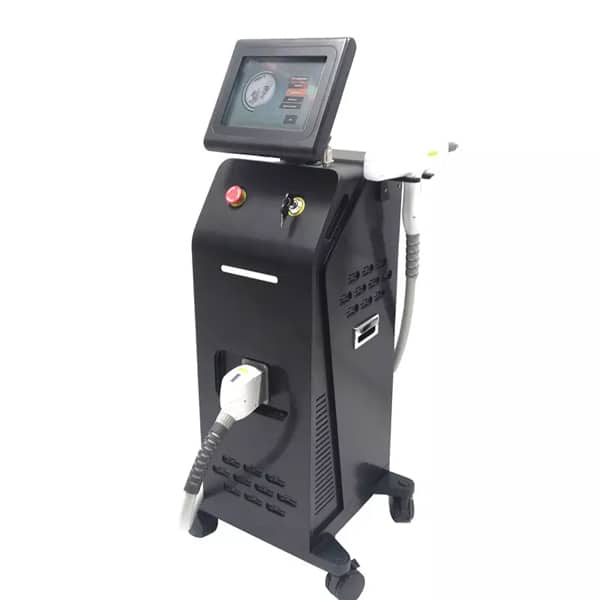 | Q-switched ND YAG Laser | Q-switch lasers | 1064nm/532nm/1320nm/755nm | Tattoo removal. Pigmentation removal, and laser carbon facial |
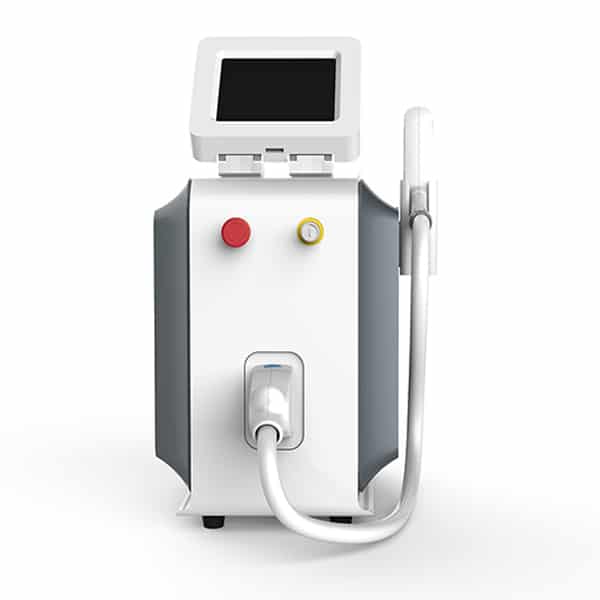 | Q switch ND YAG Laser tattoo removal machine | Q-switch lasers | 1064nm/532nm/1320nm | Tattoo removal. Pigmentation removal, and laser carbon facial |
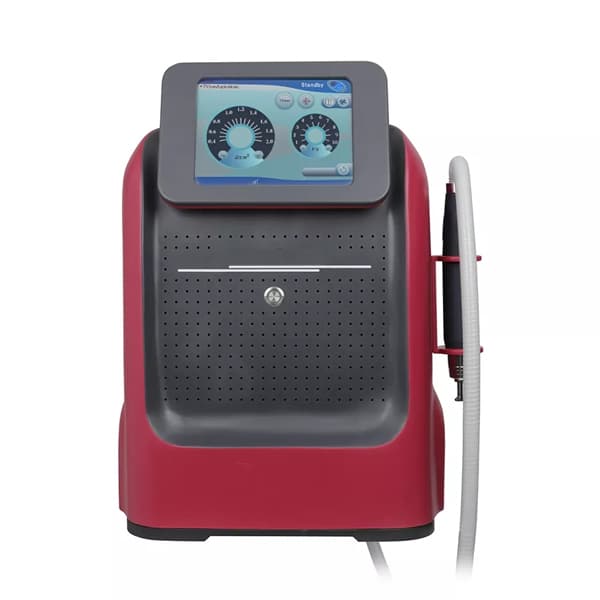 | Picosure laser machine | Pico laser | 1064nm/532nm/1320nm/755nm | Tattoo removal. Pigmentation removal, and laser carbon facial |
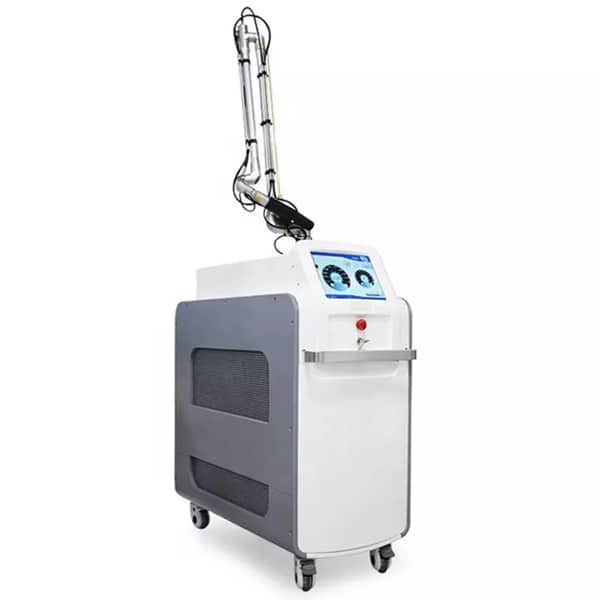 | Picoway laser machine | Pico laser | 1064nm/532nm/1320nm/755nm | Tattoo removal. Pigmentation removal, and laser carbon facial |
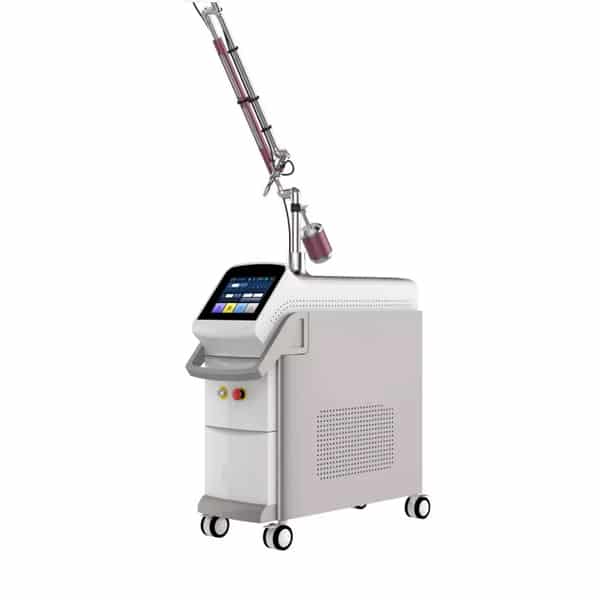 | Picosecond laser machine | Pico laser | 1064nm/532nm/1320nm/755nm | Tattoo removal. Pigmentation removal, and laser carbon facial |
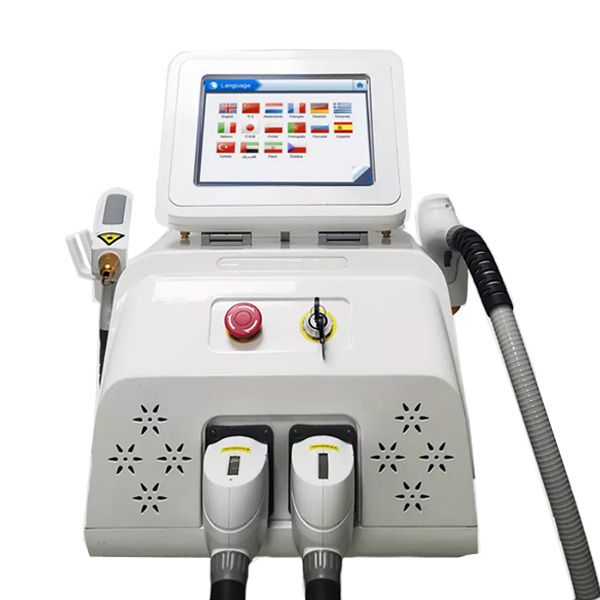 | ND YAG Laser tattoo removal machine | Q-switch lasers | 1064nm/532nm/1320nm | Tattoo removal. Pigmentation removal, and laser carbon facial |
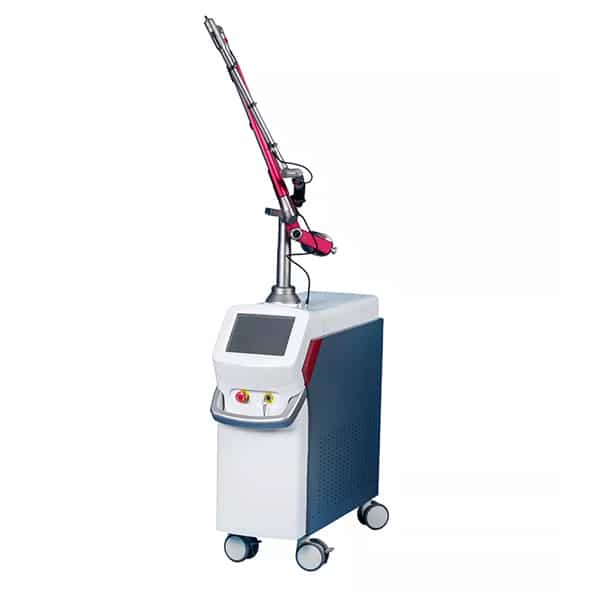 | EO Active Q-Switched ND YAG Laser Machine | Q-switch lasers | 1064nm/532nm/1320nm/755nm | Tattoo removal. Pigmentation removal, and laser carbon facial |
Does Tattoo Removal Cause Cancer?
Now, let’s address the question on everyone’s mind: Does laser tattoo removal cause cancer? The most accurate answer is probably not. The FDA has given the PicoWay® picosecond laser clearance for clinical use, meaning it has been tried and tested to ensure that it’s safe for use in the United States.
Furthermore, the Skin Cancer Foundation has conducted multiple studies that show no evidence that laser tattoo removal causes cancer. However, the tattoo ink itself is not FDA regulated and could have components that may be linked to cancerous materials. Heavy metals, animal lipids, lead, and other chemical components found in tattoo ink could be a leading cause of cancer in tattooed individuals. Although the laser itself does not directly cause cancer, breaking apart of cancerous materials in the body during the removal process could result in its spread.
Laser Tattoo Removal Aftercare to Prevent Unwanted Skin Cancers
it’s essential for anyone considering receiving a tattoo to do their research and visit a professional tattoo artist who uses top-of-the-line ink brands where the ingredients are publicly listed. It’s important to follow aftercare protocols provided by your laser technician to protect your skin from harmful adverse reactions and the sun’s UV rays. While your tattoo is healing, your skin will be more photosensitive to the sun, which could trigger skin damage such as hypopigmentation, hyperpigmentation, and skin cancer. The laser will turn your tattoo essentially into an “open wound” as it’s healing, so it’s crucial to keep the treated area covered from the sun and protected with a zinc oxide SPF 50 sunblock.
To reduce potential risks, it is recommended to choose qualified and experienced medical institutions and doctors before deciding to undergo laser tattoo removal. At the same time, before and after treatment, it is necessary to strictly follow the doctor’s advice and do a good job in skin care and maintenance. with professional operation and appropriate care, the possibility of laser tattoo removal leading to cancer is extremely low. But it is very important to fully understand the relevant information and weigh the pros and cons before making a decision.
In conclusion, laser tattoo removal is the safest method you could choose for your removal needs, and it’s unlikely that you will receive cancer from laser removal. However, it’s important to be aware of the risks associated with the procedure, including scarring and the potential for cancer. By following proper aftercare protocols and visiting a qualified and experienced laser tattoo removal professional, you can minimize these risks and achieve successful tattoo removal outcomes.

